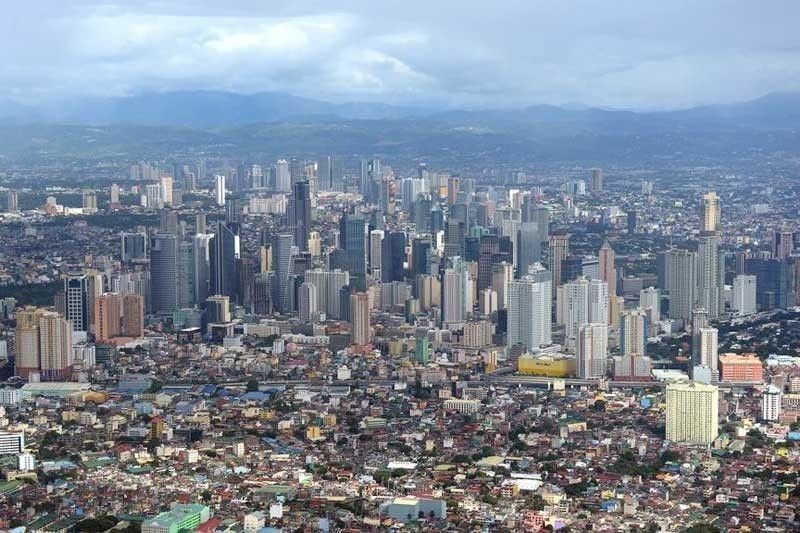BSP chief insists 6% GDP growth still attainable

Under worst case contagion scenario
MANILA, Philippines — Monetary authorities are ready to deploy all policy tools to address challenges to the country’s financial markets and help sustain a six percent gross domestic product (GDP) growth amid the coronavirus disease (COVID-19) pandemic.
In a text message, BSP Governor Benjamin Diokno said there is no reason to believe that the Covid-19 crisis could severely cut the Philippine growth momentum.
“The truth is that the economic fundamentals are on our side. Even under the worst possible scenario, the Philippines can still grow this year and in the medium term by about six percent,” Diokno said.
The country’s GDP growth eased to an eight-year low of 5.9 percent last year from 6.2 percent in 2018 on soft global markets due to the US-China trade war, the impact of the BSP tightening in 2018, and the delayed passage of the 2019 national budget.
Economic managers penned a GDP growth target of 6.5 to 7.5 percent for 2020 but the prolonged COVID-19 outbreak could cut the expansion by as much as one percentage point.
Diokno said the Philippines has ample fiscal and monetary space and low and falling debt to GDP ratio, within target range inflation, and a steady peso supported by the hefty gross international reserves (GIR) as well as reliable and sustainable sources of foreign exchange including overseas Filipino workers’ (OFW) remittances, foreign direct investments and receipts from the business process outsourcing (BPO) sector.
“The economy is robust enough to withstand the COVID-19 public health crisis,” Diokno said.
“On the part of BSP, the Monetary Board is ready to deploy any or all its policy tools, as appropriate, to address all challenges to our own financial markets and growth prospects,” he added.
The policy setting body is scheduled to meet on Thursday to decide what actions to take amid the COVID-19 pandemic including whether or not to cut interest rates to encourage more borrowings to boost economic activity.
The Monetary Board has so far slashed interest rates by 100 basis points since May last year amid the benign inflation environment and slower than expected GDP growth, partially unwinding a tightening cycle that saw rates jump by 175 basis points in 2018.
It also released about P450 billion into the financial system by reducing the reserve requirements ratio of big and mid-sized banks by 400 basis points and for small banks by 200 basis points to boost economic activity.
Diokno said the COVID-19 breakout is a public health crisis and not an economic crisis so the focus should be on how to delay the spread of the virus outbreak.
- Latest
- Trending


























